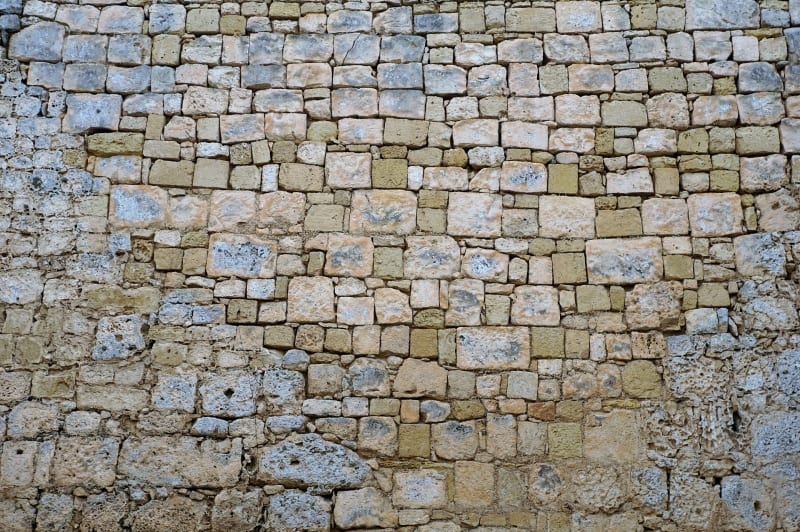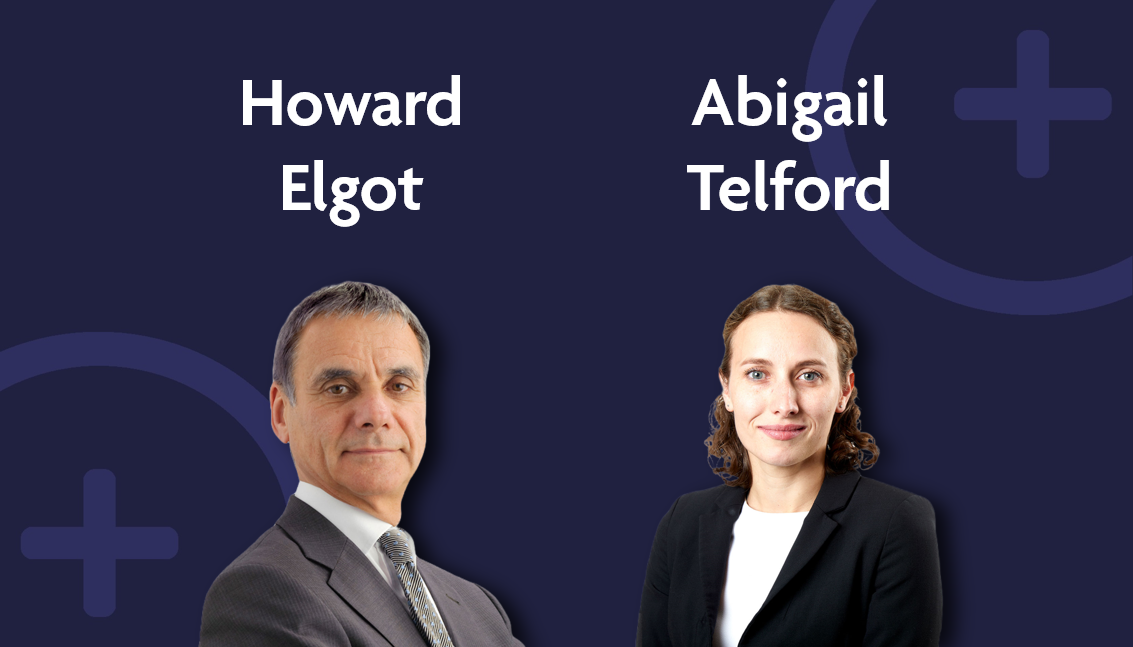Winter Is Coming, But Your Expert Isnt: Defendant Denied Permission to Rely on Expert Evidence in Game of Thrones Stunt Man Case.

In Pilgrim v Fire & Blood Productions, Sir Robert Francis QC refused to grant a defendant permission to adduce expert evidence on liability and quantum in a negligence claim brought by a stunt performer, who had been injured filming the Game of Thrones television series. The application to adduce such evidence was heard only two months before the trial, and it was found that the expert evidence was not necessary as the case could be determined on the basis of pre-existing witnesses of fact.
Background
The claimant stunt performer seriously injured his ankle performing a stunt on the Game of Thrones set, in November 2014, when the wall upon which he was standing collapsed. A claim was brought in negligence, alleging that it had been intended that the wall should be lowered rather than collapse and that there had been a failure to provide a sufficient risk assessment, a failure of proper planning, a failure of supervision and of communication. The defendant averred that the wall collapsed as had been planned and was reasonable, and that the claimant had knowledge of the same.
Pertaining to liability, the defendant wished to call an “expert witness” who was an experienced stunt coordinator and chair of the British Stunt Register [the expert]. The expert’s report covered matters such as stunt discipline, life as a stunt performer, the stunt in the case in question, and the claimant’s techniques and own responsibility. The defendant also sought to adduce expert evidence on quantum, namely on the claimant’s career progression prospects, and for disclosure of the claimant’s stunt logbook. The matter of expert evidence had first come before the courts in December 2018, but no final orders were made at that point. The trial was due to take place in April 2020.
The Law
Permission to Rely on Expert Evidence
CPR 35.1 provides that ‘[e]xpert evidence shall be restricted to that which is reasonably required to resolve the proceedings.’ The White Book commentary notes that ‘[t]he burden lies on the parties seeking to adduce expert evidence to persuade the court that it will assist the court.’ [35.4.2]
The starting point for the Court in exercising its discretion is Warren J’s 3 stage test, as per British Airways Plc v Spencer [2015] EWHC 2477 (Ch):
(a) The first question is whether, looking at each issue, it is necessary for there to be expert evidence before that issue can be resolved. If it is necessary, rather than merely helpful, it seems to me that it must be admitted.
(b) If the evidence is not necessary, the second question is whether it would be of assistance to the court in resolving that issue. If it would be of assistance, but not necessary, then the court would be able to determine the issue without it…
(c) Since, under the scenario in (b) above, the court will be able to resolve the issue without the evidence, the third question is whether, in the context of the proceedings as a whole, expert evidence on that issue is reasonably required to resolve the proceedings. [68]
As to ‘reasonably required to resolve the proceedings’, the court is to ask whether the evidence is necessary, such that it is fundamental to the dispute, or of marginal relevance, such that the court can decide the issues without the evidence. Should the case fall into the latter category, a balancing exercise as to the proportionality of admission arises. [63]
The Meaning of ‘Expert’
In GM v Carmarthenshire County Council [2018] EWFC 36 Mostyn J. summarised the test for admissibility as:
… in order to be admissible in civil proceedings the expert evidence must be :
i) contained within a recognised body of expertise governed by recognised standards and rules of conduct relevant to the question which the Court has to decide; and
ii) of such a nature that that a person without instruction or experience in the area of knowledge or human experience would not be able to form a sound judgment on the matter without the assistance of a witness possessing special knowledge or experience in the area. [14]
Judgment
By virtue of his extensive experience in the industry, the proposed expert could be considered an expert regarding training and experience.
However, the defendant faced difficulty under the overriding objective which required the Court to consider matters such as level-playing field, prejudice [CPR 1.1(2)(a)] and use of court time [CPR 1.1(2)(d)]. No good reason for the delay in making the application was advanced; the issues the defendant had to confront had been obvious since 2018. The fact that the defendant had waited until the 11th hour was a powerful factor against allowing the application. If it was granted, the trial window would have to be vacated. Further, the claimant would have to find his own expert, which would increase costs, take time, and he would be deprived of having the matter determined in April.
More fundamentally fatal to the defendant’s application, was Sir Robert Francis QC’s determination that both parties’ factual witnesses were highly experienced in the stunt field and were patently capable of assisting the court with any technical and safety matters that arose in determining liability the case.
As to the expert evidence on quantum, the special damages claim pertained to the claimant’s prospects of career progression to stunt coordinator. The prospect of such career progression was again a matter that the factual witnesses could answer.
Comment
Esoteric aspects of a claim are not sufficient, in and of themselves, to establish the need for expert evidence. The question of whether such evidence is reasonably required to resolve the proceedings, rather than merely desirable, should be seriously examined.
The case serves as a salutary reminder that if you are going to ask for expert evidence, particularly where there are likely to be arguments about its necessity, for goodness sake, make an application in good time.
Stephen Friday represented the Claimant.
To view Bethan Davies’ profile, visit this page.










